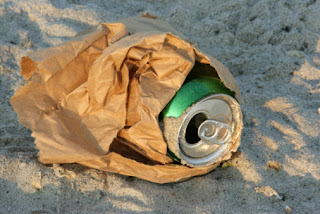Parents who just can't say "no"

My sister-in-law attended one of my presentations a few years ago and when we met up afterwards her first comment to me was "it's so easy for you to say all that, you don't have children!" That is perfectly true (and to be quite honest sometimes I'm extremely glad I don't!) but I think not having children actually enables me to look at the research that exists in this area and provide what we do know about effective parenting reasonably objectively. Regardless of that, it was after that night that I always make sure I tell audiences at my Parent Information Evenings that I do not have teenagers of my own, just to make it absolutely clear! One of the more disturbing trends I am seeing across the country is the growing number of parents that just don't want, or know how, to say "no" to their child. Really there are four words that a parent should say to their child as often as possible - the first three are "I love you" and the fourth i...




